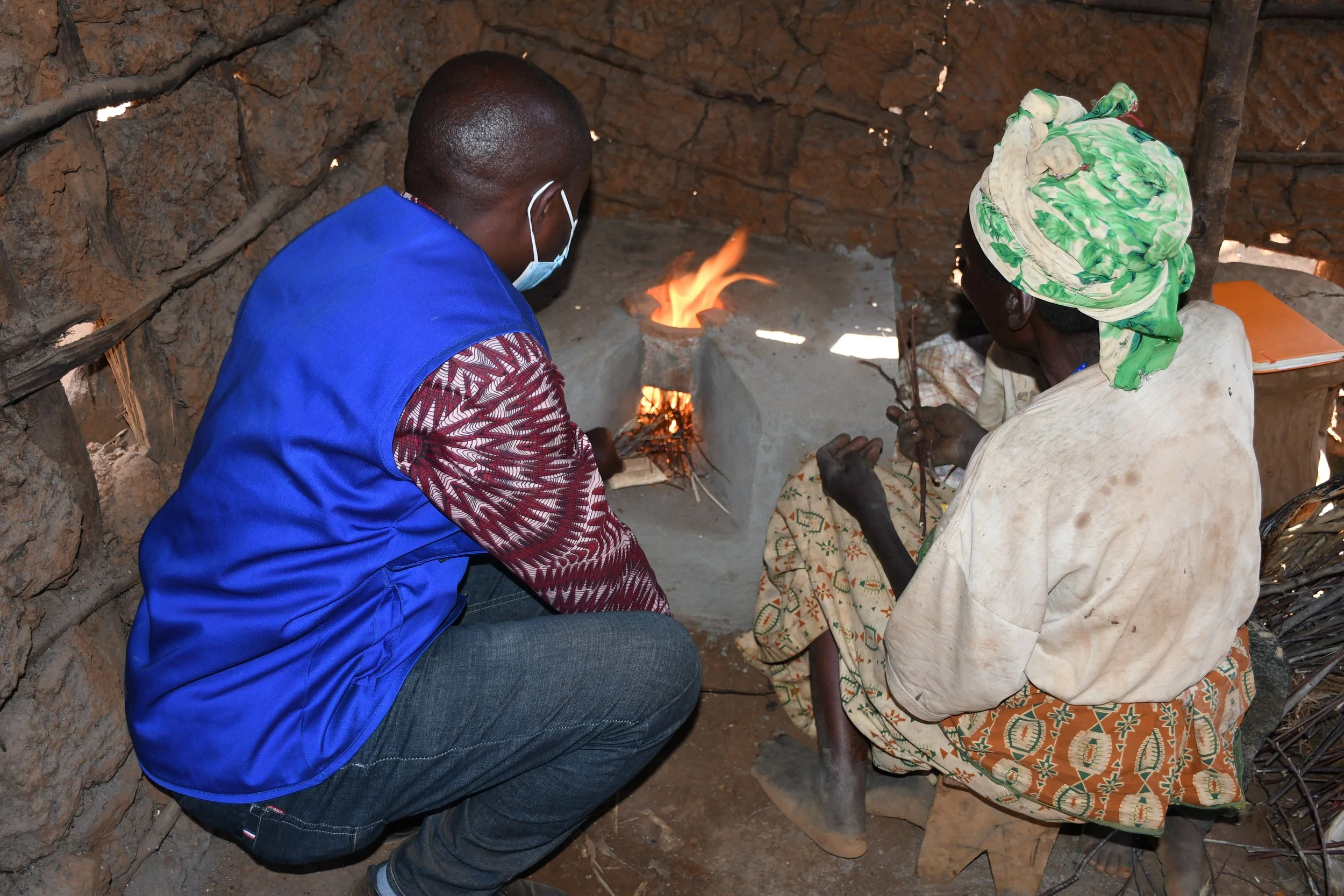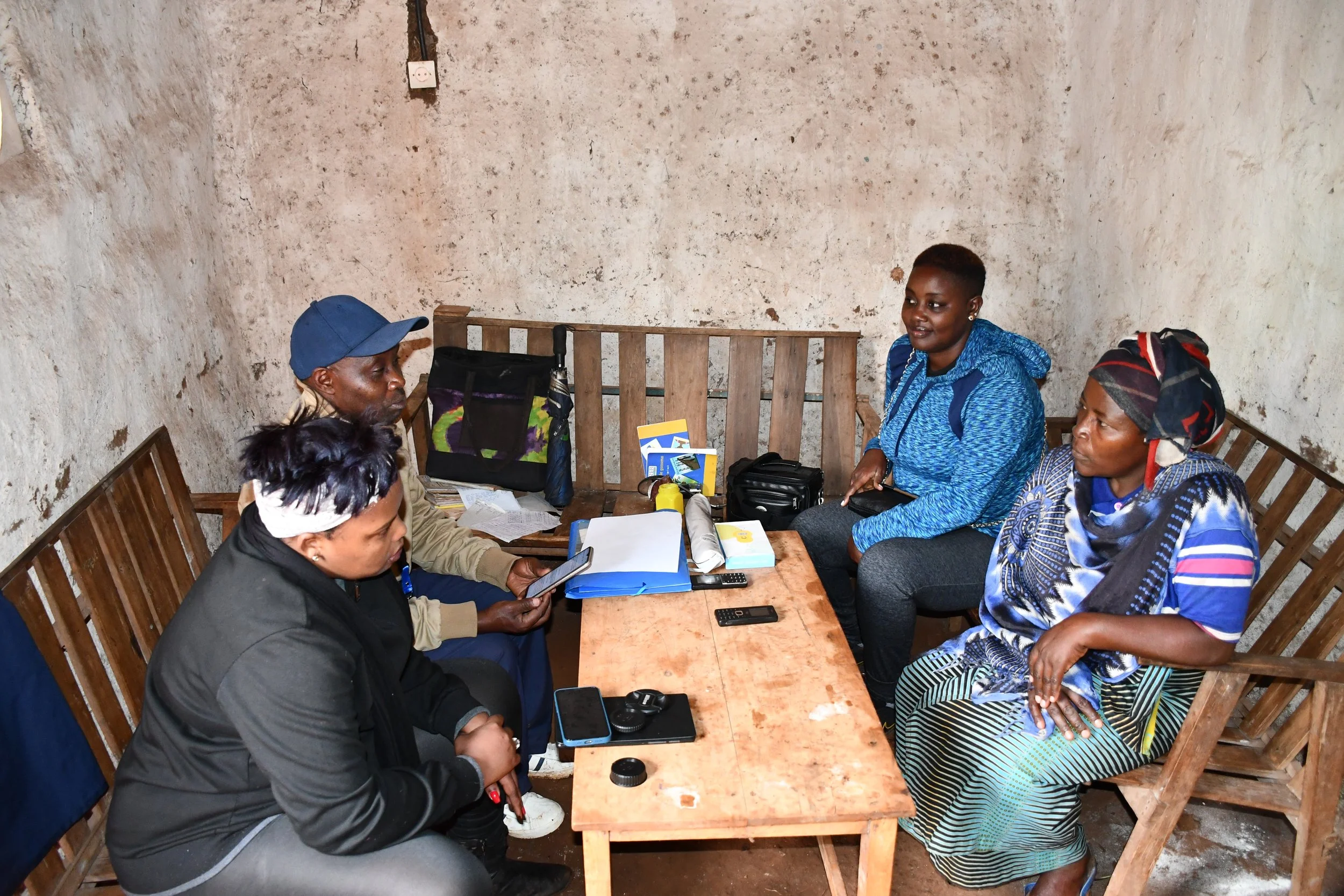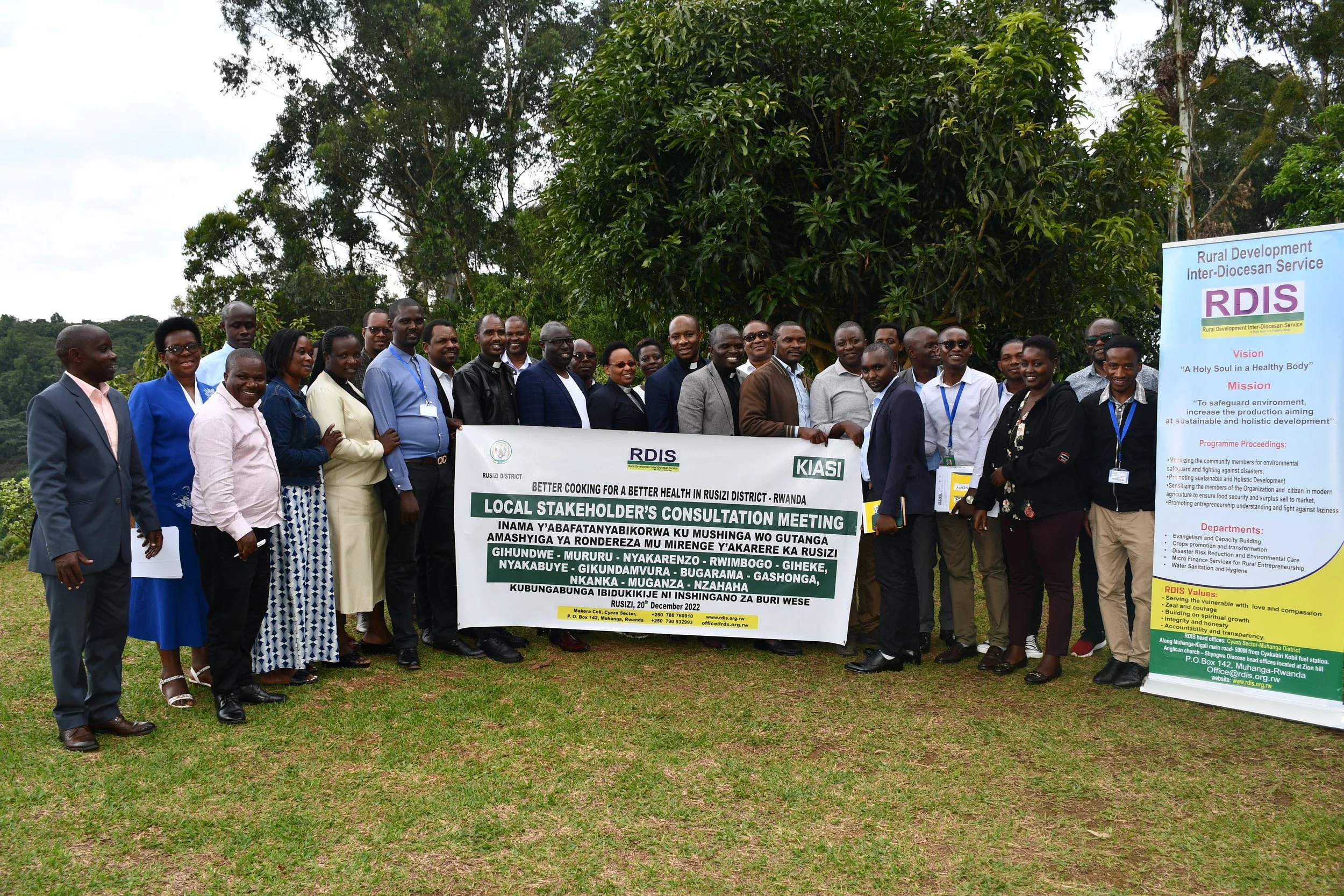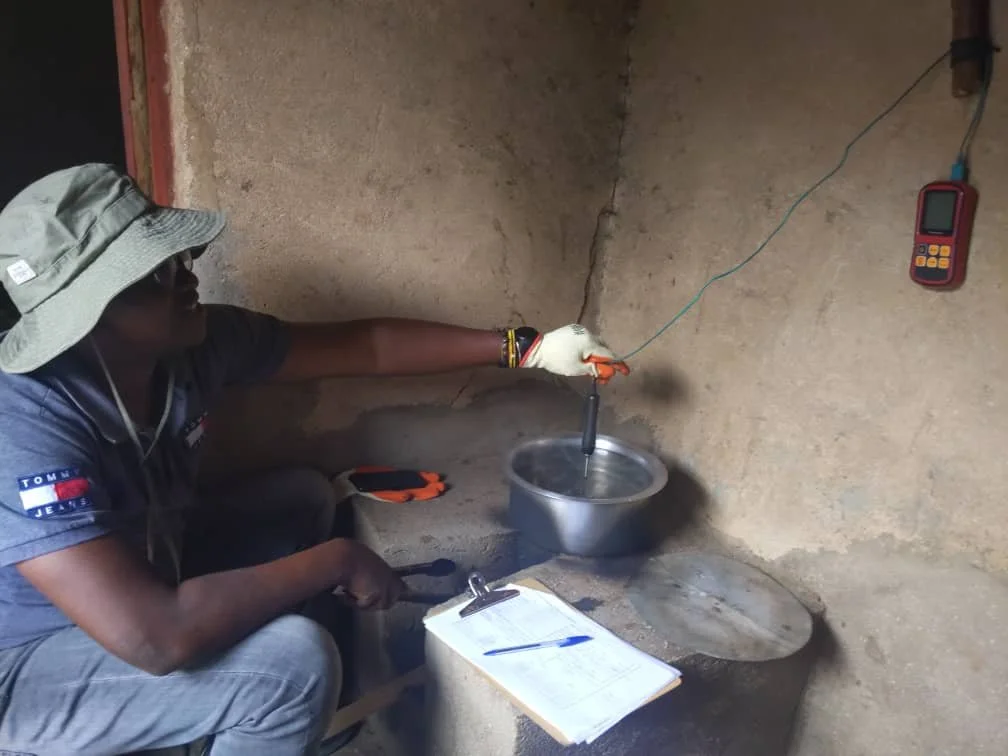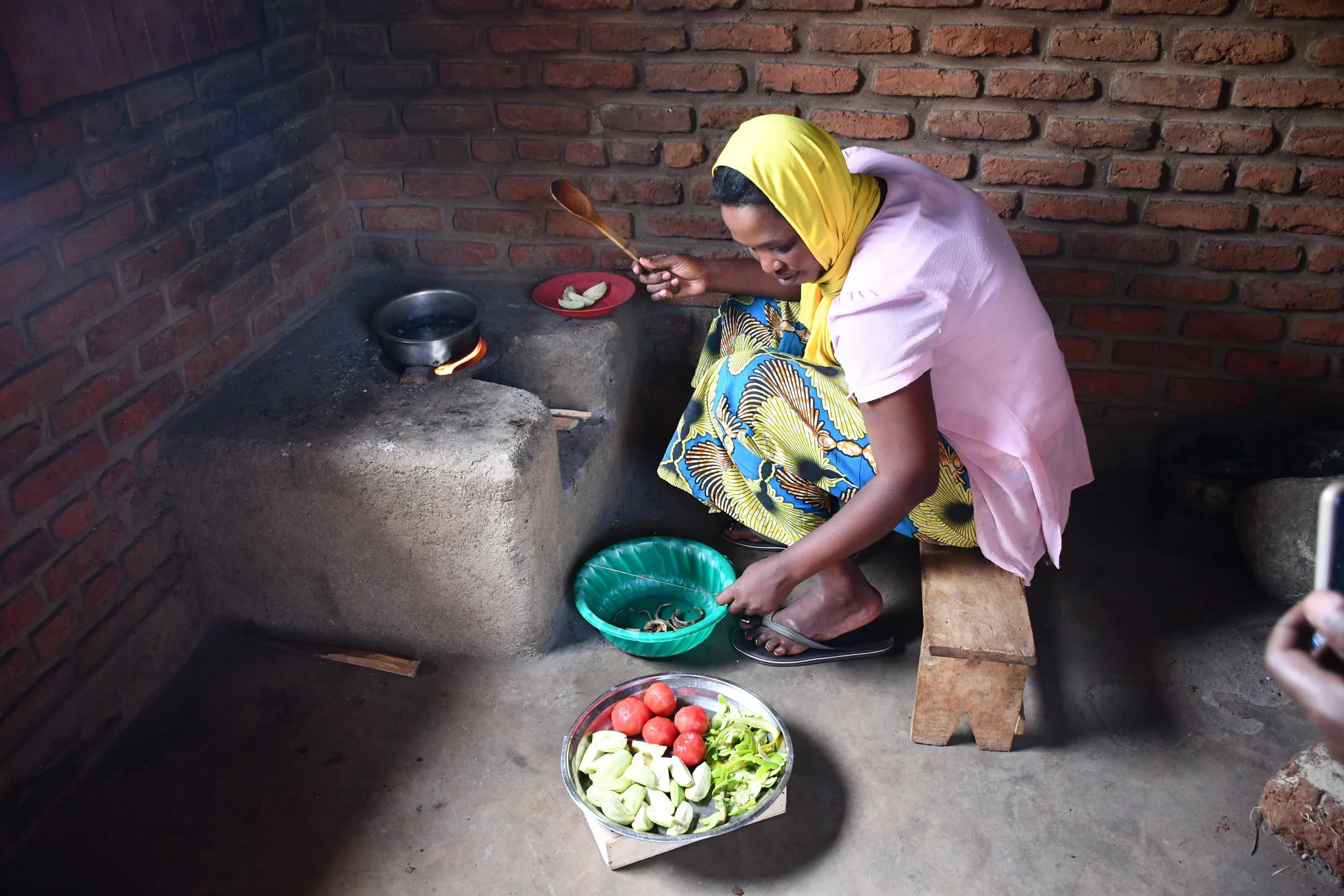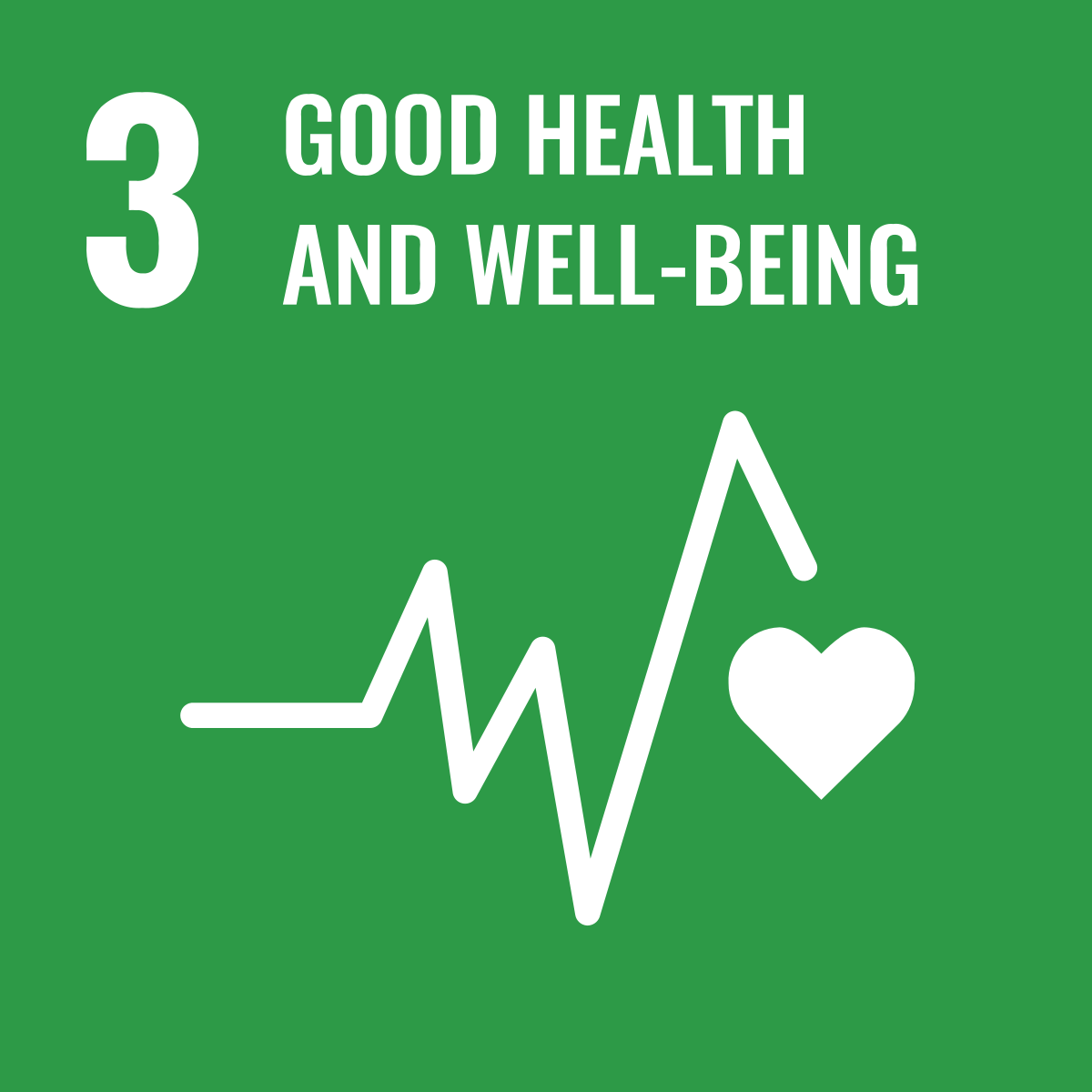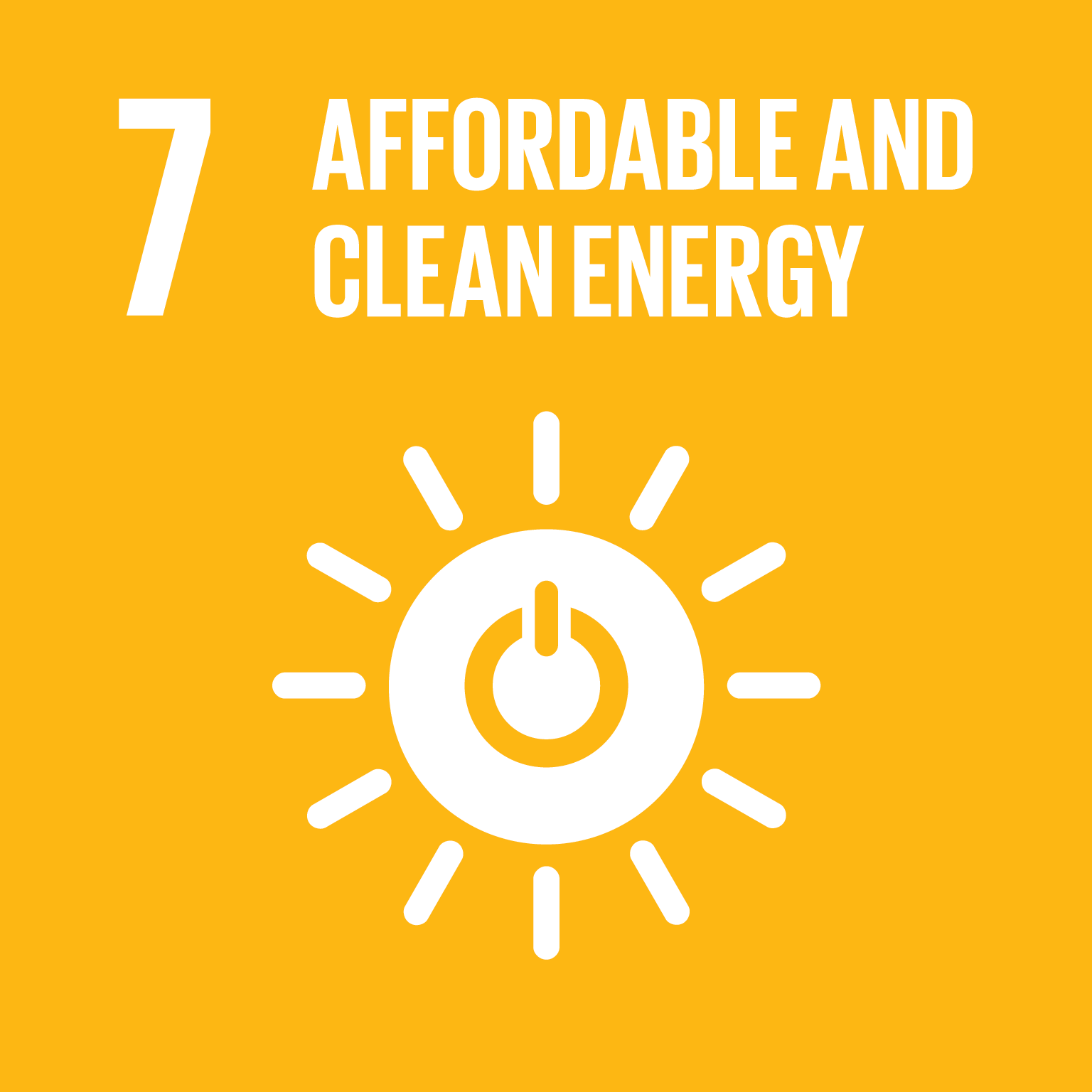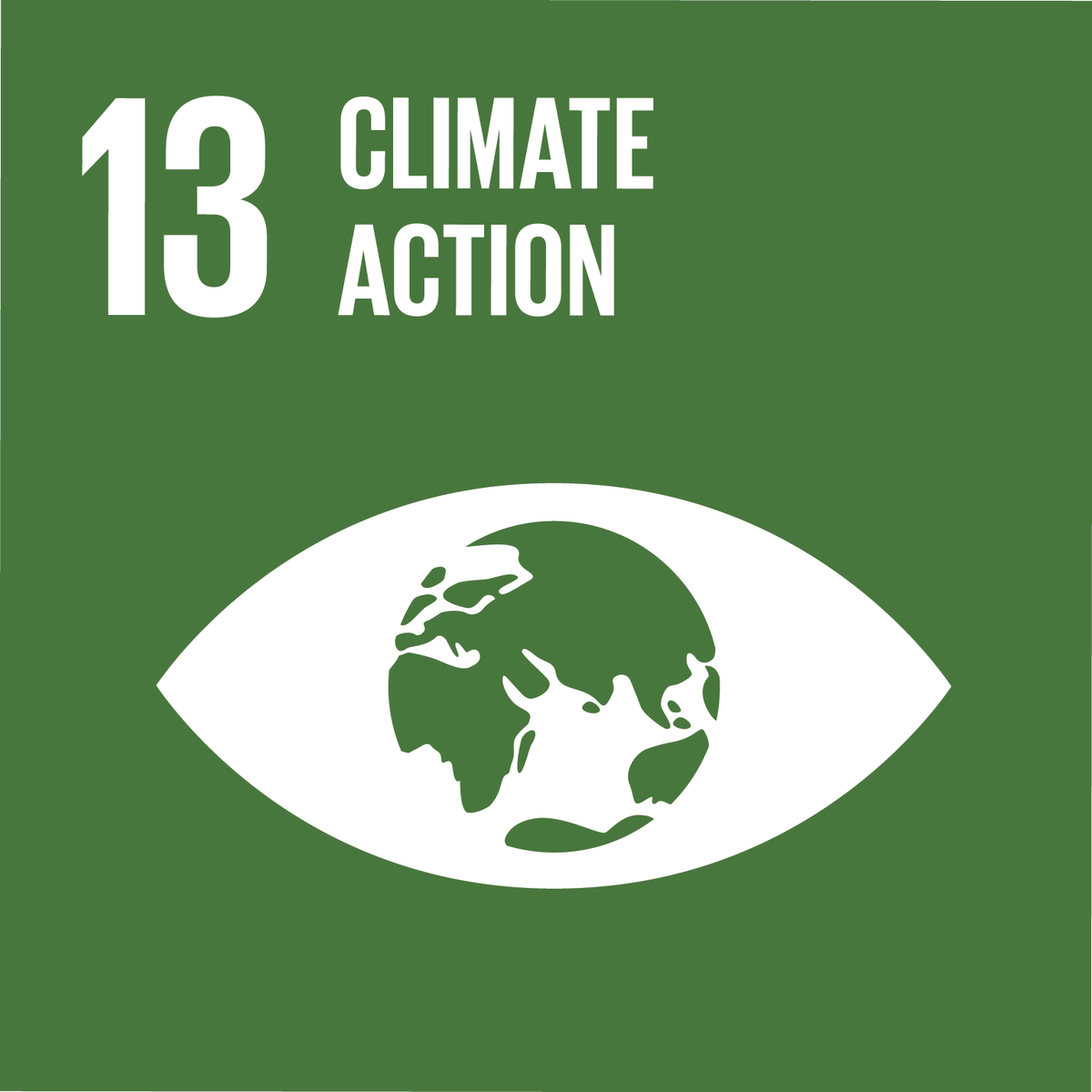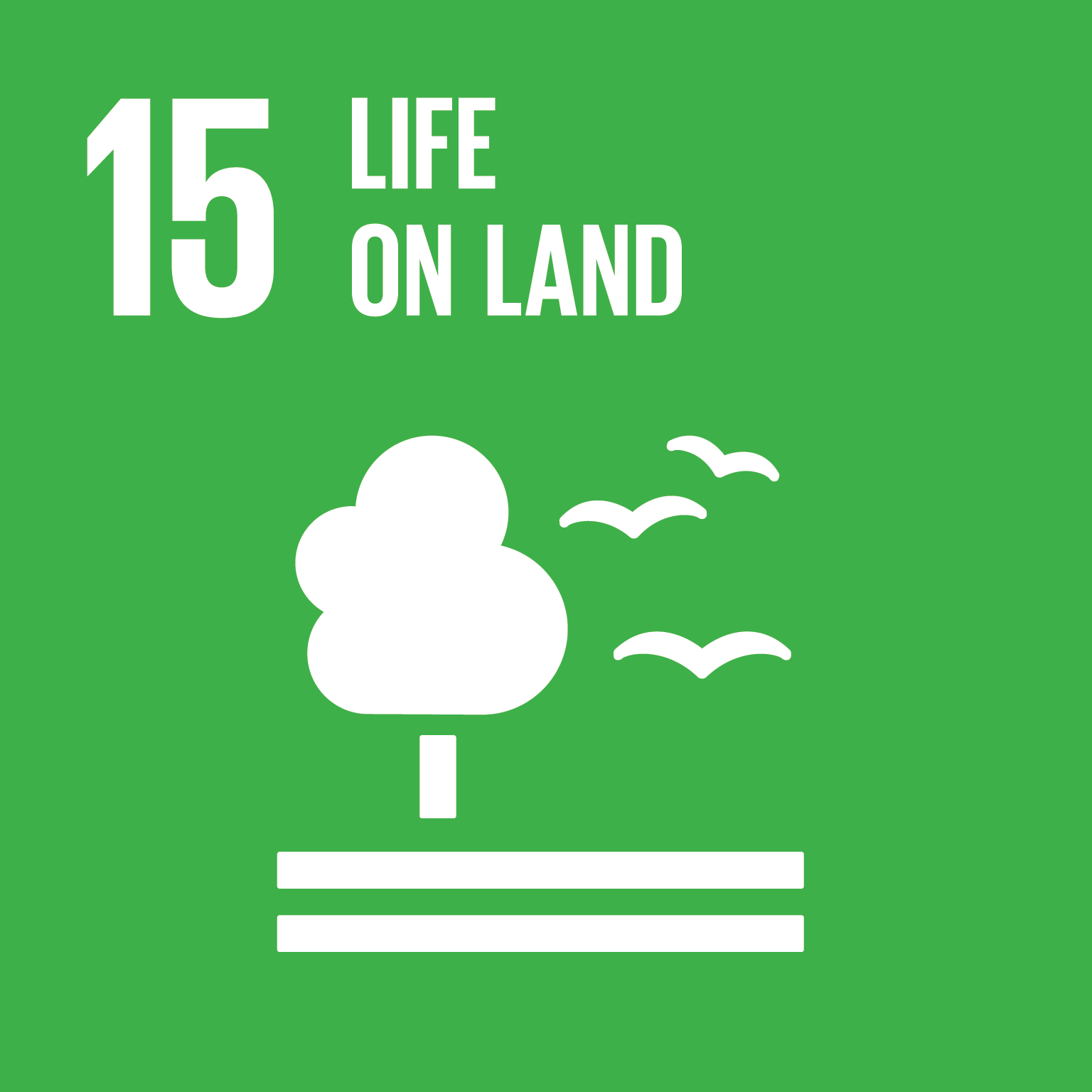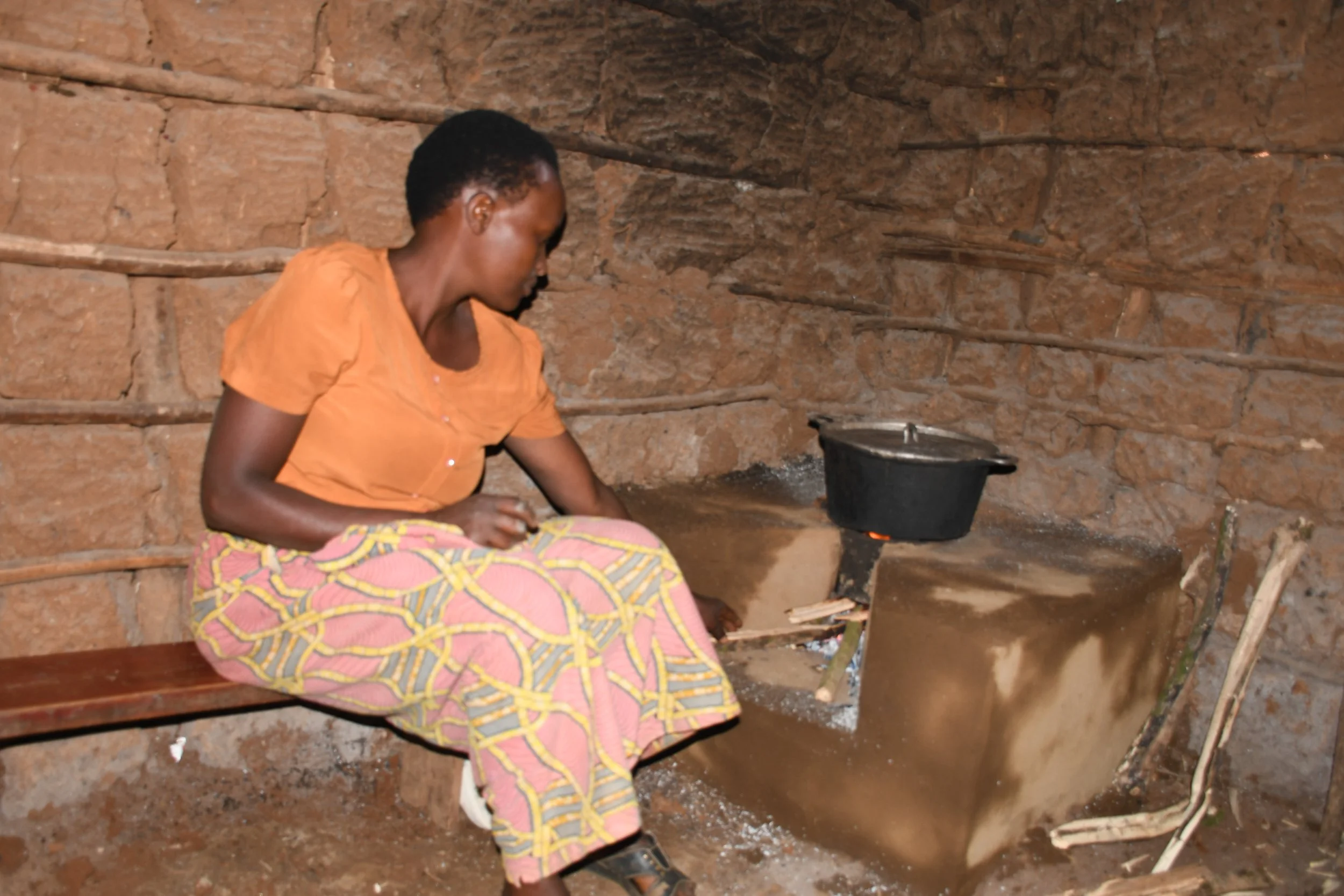
Better Cooking for a Better Health in Rusizi District, Rwanda
“Better Cooking for a Better Health in Rusizi, Rwanda” is a project that intends to provide 50,000 fixed improved cookstoves to all eligible households in the district of Rusizi in Western Rwanda over the next 2 years. Those single-pot cookstoves will be built in-situ into domestic kitchens.
Kiasi Energies will disseminate fixed Improved Cookstove (ICS) in Rwanda that will drastically increase community access to clean cooking solutions by providing, installing, and maintaining energy efficient and smoke reducing cookstoves. Those improved cookstoves will be distributed for free and the materials (bricks, clay, ...) needed for installation will be collected by the households themselves.
The aim of the project is to reduce the emissions of greenhouse gases incurred by high wood consuming cooking practices. Indeed, in the district of Rusizi, a large part of the population is still cooking with a three-stone fire. The distribution of these stoves directly improves energy access and reduces wood fuel consumption, hence slowing down deforestation.
It also benefits the local population with several other socio-economic matters addressed by the Sustainable Development Goals of the United Nations, such as improved health for the households, gender equality, reduced poverty, and others.
This project will be certified by VCS (Verified Carbon Standard).
Project Timeline
In collaboration with our local operator, RDIS, we distributed and installed 120 improved cookstoves to evaluate the impact and acceptance of the device by the local population.
Pilot Phase
The local stakeholders consultation (LSC) happened on the 20th of December 2022. Various types of stakeholders where invited to attend and present at the meeting. Each of them expressed their approval for the project, stating it was a crucial need for the rural district of Rusizi.
Local Stakeholders Consultation
Kitchen Performance Tests were ran, both on traditionnal 3-stones fires and on newly installed cookstoves. Water Boiling Tests were also performed for RDIS and Canopy Energies to attest of the benefices of the stoves provided to the populations.
Stoves tests and Users’ Surveys
The Project will distribute 50 000 improved cookstoves in Rusizi, Western Rwanda. Large-scale distribution and installation of these stoves started on 15th of May 2023.
Large-scale improved cookstoves distribution
Environmental and Socio-economic Co-benefits
No poverty.
This project takes part in the United Nations’ Sustainable Development Goal (SDG) 1 ‘No poverty’ by decreasing the expenses of households in fuel, since the fixed improved cookstoves are more energy efficient.
Good health and well-being.
4.3 million premature deaths yearly result from pollution caused by domestic activities, particularly affecting women and children. Our goal is to reduce cookstove smoke emissions by 70% through borehole improvement, lowering harmful emissions, pollution, and preventing related deaths. Hence, this project participates to the achievement of the United Nations’ Sustainable Development Goal (SDG) 3 ‘Good health and well-being’. This project also aims to raise awareness and sensitize the local population on environmental and public health issues.
Affordable and clean energy.
The SDG 7 ‘Affordable and clean energy’ is at the heart of this project, as this avoided emissions initiative is dedicated to improve the energy efficiency of cooking techniques for local populations.
Climate action.
The SDG 15 ‘Climate action’ is closely linked to this initiative since it promotes an energy-efficient solution hence reducing pollution and greenhouse gas emissions.
Life on land.
Using wood more efficiently through improved cooking methods allows to reduce anthropogenic pressures on forests that provide fuel for communities, and reduce waste. This project aims to achieve SDG 15 ‘Life on Land’ by decreasing deforestation rates.
Our main partner: Rural Development Inter-diocesan Service
Our local partner RDIS (Rural Development Inter-diocesan Service), established in 1991, operates in the center and south-western regions of Rwanda. It focuses on promoting sustainable development across four dioceses of the Anglican Church of Rwanda: Butare, Cyangugu, Kigeme, and Shyogwe. Their initiatives include environmental protection, poverty eradication, agriculture, and water, sanitation, and hygiene supply. They have successfully implemented projects such as reforestation, income generation, sustainable seed promotion, and the distribution of improved stoves.
